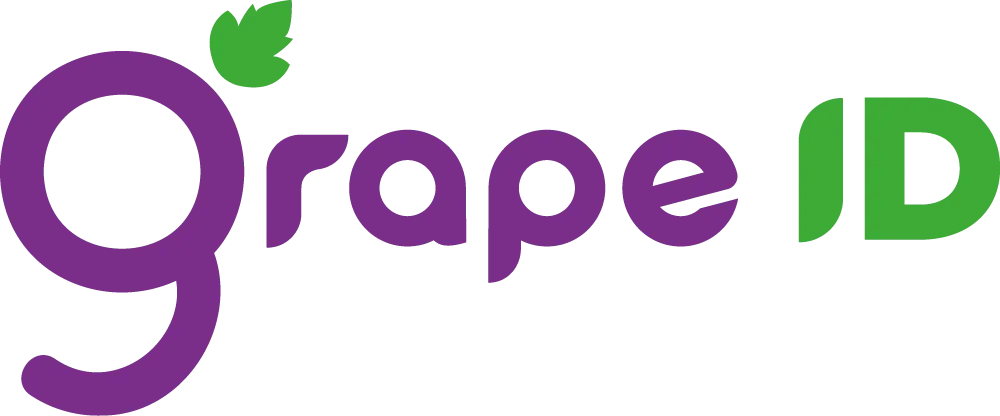Grape ID™ Bill of Digital Rights
Last Updated on January 5, 2025
Preamble
This bill of digital rights is dedicated to users of the world wide web.
General Rights
- Right to Data Security: Users have the right to secure their electronic information.
- Right to Data Privacy: Users have the right to protect their data from unwanted access.
- Right to Data Sovereignty: Users have the right to explicitly authorize and control how their data is accessed, used, and transferred.
- Right to Data Ownership: Users have the right to own data they create, and to co-own data they create jointly with third parties. Owners have the right to agree on the terms of ownership before the data is co-created, or the right to due process to determine fair ownership according to local law.
- Right to Data Monetization: Users have the right to sell, lease, or otherwise monetize their data. This includes setting prices, choosing data formats, revoking consent, and preventing the monetization of user data without their permission.
- Right to Protect Your Time: Users have the right to minimize unnecessary interruptions, distractions, and inefficiencies.
- Right to Reliable Communication: Users have the right to reliable, predictable, and spam-free communications across all platforms.
- Right to Understand: Users have the right to have digital information, including terms, policies, and services, presented in a clear, straightforward, and comprehensible manner, and ideally as easy to understand as possible.
- Right to Transparency: Users have the right to 1) view their data, 2) analyze and understand it, 3) understand how data algorithms function to serve content, 4) identify who else has their data, 5) know why others have their data, and 6) know how others obtained their data.
- Right to Know Who’s Real: Users have the right to know if they’re interacting with a real, authenticated human being, corporation, bot, device, or other entity.
- Right to Anonymity: Users have the right to use the internet without divulging personally identifiable information.
- Right to a Single Digital Identity: Each human individual and legal organization has the right to a single digital identity for the internet, just like in the real world.
- Right to Macro Efficiency: Users have the right to efficient, practical, and usable tools. This requires a collaborative effort to address broad-scale inefficiencies that hinder internet functionality, security, and usability.
- Right to Modify Data: Users have the right to one centralized portal to edit, modify, and delete their data.
- Right to Data Portability: Users have the right to transfer their data between platforms using standardized and interoperable methods.
- Right to Freedom of Speech: Users have the right to express their opinions and ideas without fear of government or corporate censorship or retaliation.
- Right to Self-Selected Content Filtering: Users have the right to decide which content they see based on their own logic instead of the logic of others.
- Right to Vote Electronically: Users have the right to electronically vote in unofficial elections, polls, petitions, or other types of crowdsourced feedback as a mechanism of checks and balances against offline or third-party electronic voting, polls, petitions, or to obtain general feedback on any topic.
- Right to Internet Access: Internet access is a basic right and efforts need to be made to provide affordable, universal access.
- Right to Technology Education: The right to access training and education to have the skills to effectively participate in the digital world.
- Right to Digital Accessibility: Services and platforms should be designed for easy accessibility and to accommodate those with disabilities.
- Right to Disconnect: Users have the right to disconnect from technology without facing penalties or discrimination.
- Right to Mental Well-Being: Users have the right to use technology in a manner that maximizes mental health and avoids addiction.
- Right to Equality: Users have the right to equal access to the internet and Grape ID™ regardless of race, gender, income, or other factors.
- Right to Justice: Users have the right to hold other users accountable through regulatory bodies and local law.
- Right to Data Due Process: Governmental access to user data must follow due process, including the issuance of warrants.
- Additional Rights and Protections: As Grape ID™ evolves, this bill of digital rights will adapt to encompass emerging technologies and user needs, always prioritizing user control.

